Intervju med Sheldon Lettich
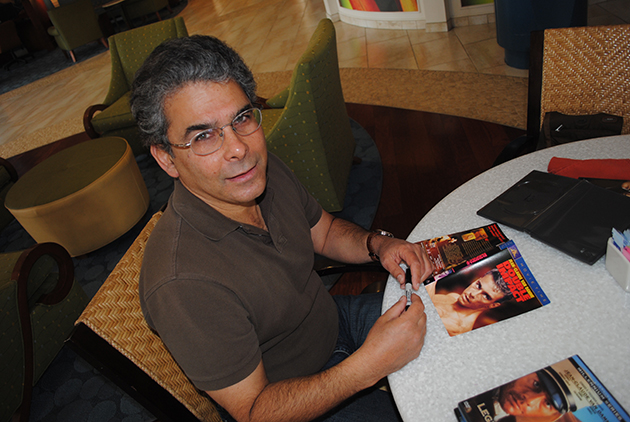
Precis som Sam Firstenberg var Sheldon Lettich självskriven att tilläras en temavecka här på bloggen. Likt Sam är han väldigt vänlig och givmild med sin tid åt fans, att jag dessutom hade varit i kontakt med honom några år tidigare gjorde valet bara lättare. Genom att ha jobbat med barndomsidolerna Jean-Claude Van Damme, Sylvester Stallone och Dolph Lundgren har han stått för mycket underhållning genom åren och varit en bidragande orsak till varför jag älskar den sortens filmer. Därför är det jättekul att få presentera min intervju med denna eminenta herre. Mycket nöje!
Rambo III is a movie that instantly pops out when looking at your writing credits. What's the story behind you getting to work on that script together with Sly?
I had written a spec screenplay titled Firebase, which was about a fire support base in Vietnam coming under a fierce enemy attack. Sly was looking for a co-writer. My agent sent him the script, which he read and liked. This led to a meeting with Stallone in his office. Not only did he like the script, but he liked the fact that I was an actual Vietnam veteran, and he must have figured that I would likely have some special insights about Rambo’s character, his military skills & training, and also his Vietnam back-story. Besides all that, the two of us hit it off personally.
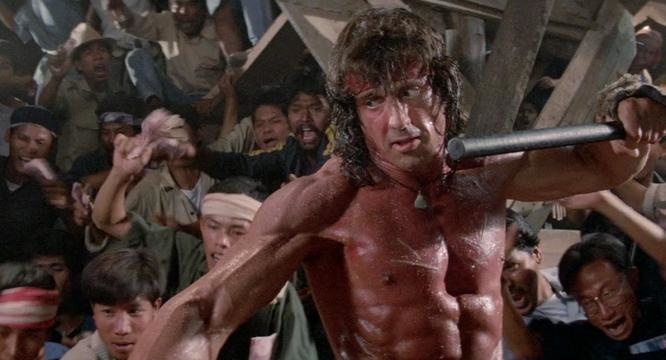
At the time the movie came out, Ronald Reagan – a conservative Republican – was the President. I’m sure everyone is well aware by now that film critics generally lean to the Left politically. That goes for much of Hollywood as well. Sly was not only making a patriotic movie about an American war hero singlehandedly kicking ass on the Soviets (in Reagan’s words, the so-called “Evil Empire”) but he was well known as a staunch Republican and a personal friend of Reagan’s. That’s what that Razzie award nomination was all about: Stallone’s political leanings and the movie’s flag-waving deification of an American soldier. There were far worse movies which came out that year, so I didn’t take it personally, but it did irk me to some degree.
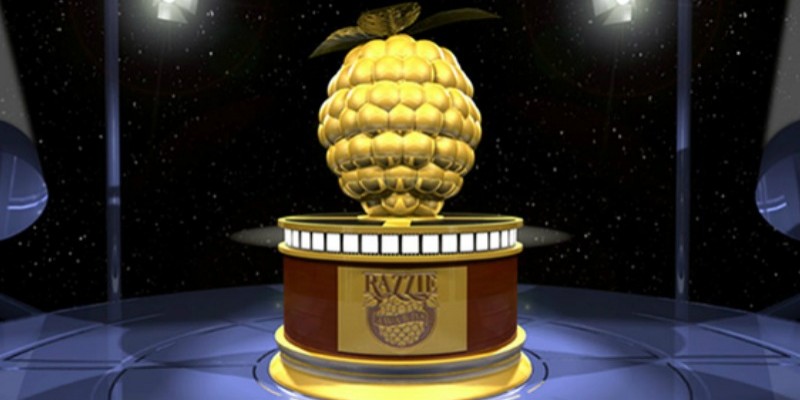
The movie ends with a dedication to the brave Mujahideen fighters of Aghanistan, but after 9/11 the dedication changed to the gallant people of Afghanistan. What is your opinion on the change and were you consulted before it was made?
As I’ve mentioned many times, the Mujahedeen leader that Rambo links up with is named “Massoud.” He was based on an actual person with the same name, who was the leader of Afghanistan’s pro-Western Northern Alliance. Massoud is the guy who was assassinated by Al Qaeda two days before 9/11/2001. I did my research, which is why that rebel leader was not named “Osama".
As I’ve mentioned many times, the Mujahedeen leader that Rambo links up with is named “Massoud.” He was based on an actual person with the same name, who was the leader of Afghanistan’s pro-Western Northern Alliance. Massoud is the guy who was assassinated by Al Qaeda two days before 9/11/2001. I did my research, which is why that rebel leader was not named “Osama".
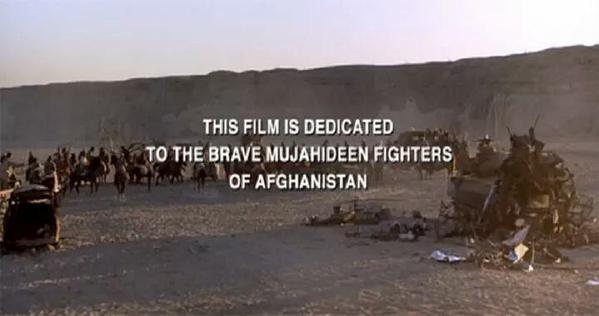
I had been introduced to Frank Dux a few years earlier, by an agent who felt the two of us might be well-suited to work together. Frank was full of wild stories about his martial arts and military background, nearly all of which turned out to be fantasies that he’d concocted about himself. At the time, however, there was no Internet, no search engines like Google, no way to easily check these stories out. Frank showed me an article about this so-called “Kumite” that he participated in, which was published in Black Belt Magazine. He even pulled the wool over their eyes. If the editors at Black Belt felt this story was bona fide, how could I or anyone dispute it? Frank told me that because these Kumite fights were so brutal and bloody, a nickname for the event was Bloodsport. Well, when I heard that name I felt like I heard a choir of angels singing. I told Frank that’s a great title for a movie, and in fact this entire story he had been telling me about the Kumite would make a great movie!
I didn’t write any of this down, but the idea kept percolating. A few months later I met Mark DiSalle, a low-budget producer who was looking for a writer, specifically to write a martial arts movie for him which was to be titled Kickboxer. I listened to his pitch, and then I pitched him my idea for a martial arts movie, which was Bloodsport. He loved the title and the idea, and a couple weeks later I introduced him to Frank. Mark eventually hired me to write the screenplay, and he signed a contract with Frank for the rights to use parts of his “true life story.”
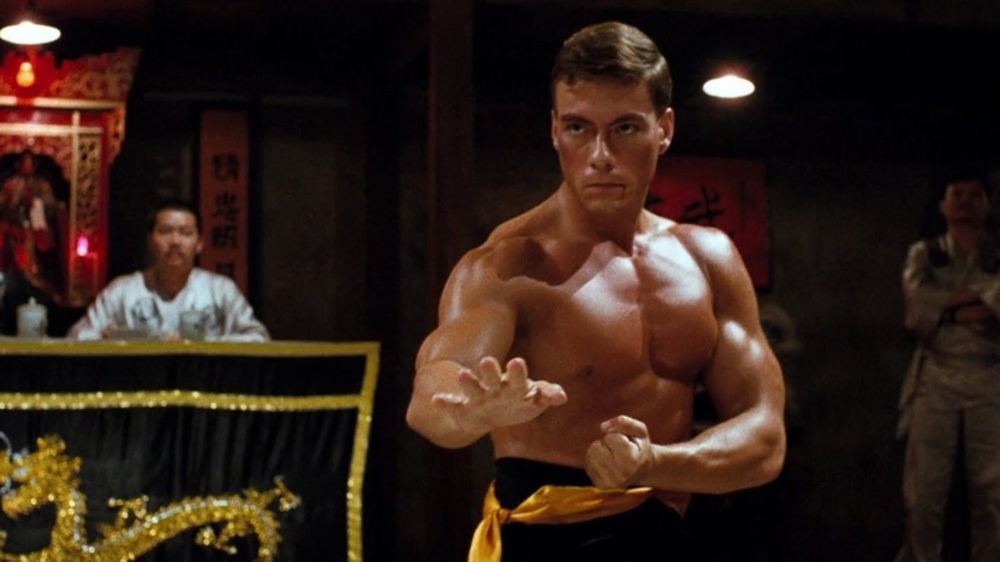
Golan and Globus were not involved until well after the screenplay was written. Mark sold it to them, and they financed the movie. I have plenty of stories about them, a few of which you can hear in the documentary about Cannon Films, Electric Boogaloo.
At the end of Bloodsport, it says that the movie is based upon true events in the life of Frank W. Dux. About how much of the story is actually true? It's no secret that Frank Dux has a tendency to embellish things.
Nearly everything in the movie was a figment of Frank’s wild imagination, or else a gross exaggeration. Turns out that he actually was in the U.S. Marine Corps, but only served part-time in the Reserves, and never saw any overseas duty at all, or any combat. Despite all his wild tales about being in Special Forces, working undercover, assassinating people (with his Ninja skills), being awarded the Medal of Honor, etc., his official service record shows that his Military Occupation Specialty was a “Wireman” for a Reserve artillery unit.
A website titled “Military Phony” did an expose on Frank recently, and they posted his actual service records for all the world to see. Here’s a link to the site. Unfortunately the U.S. government does not keep records of “Kumite events” so it’s not quite as easy to unearth the bullshit that comprises Frank’s martial arts claims. But there has yet to be one person who has stepped forward to say “I was there at the Kumite, and I saw Frank Dux knock out all 56 of those opponents!”
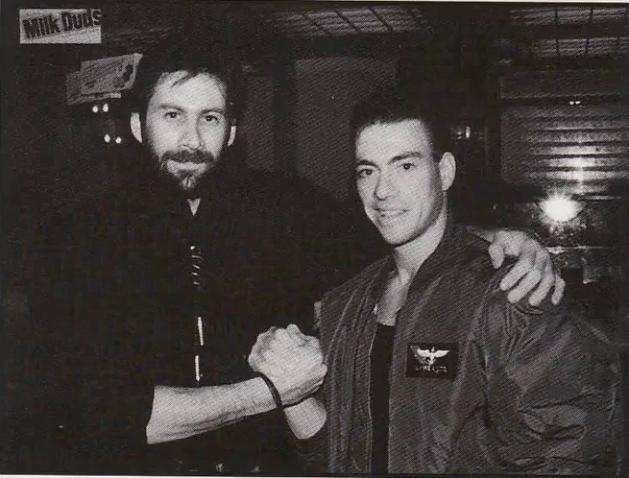
Jean-Claude Van Damme med Frank Dux
Since Van Damme wasn't attached to the project when you started writing it, did you picture someone in particular for the role of Frank Dux when you wrote the screenplay?
I had no one in mind, no mental picture of any particular actor. There was no Caucasian martial arts actor at the time who fit all the parameters. Chuck Norris was in his 40’s, and we needed someone who was in his 20’s.
This was your first of many collaborations with Van Damme. At what point did you first meet him and did you just click right away?
My first conversation with Jean-Claude was via a phone call from Hong Kong. Frank and JC called to let me know that Mark DiSalle was making changes to the screenplay, none of which they were happy about. Frank put JC on the line with me. We hit it off right away, and he promised to come by to meet me as soon as he was back in L.A. He kept that promise, and when we met face-to-face we clicked right away. He brought his wife, Gladys, along with him. She was pregnant (with Kristopher) at the time, and my wife was pregnant too. Quite honestly, our wives hit it off even better than we did.
I had no one in mind, no mental picture of any particular actor. There was no Caucasian martial arts actor at the time who fit all the parameters. Chuck Norris was in his 40’s, and we needed someone who was in his 20’s.
This was your first of many collaborations with Van Damme. At what point did you first meet him and did you just click right away?
My first conversation with Jean-Claude was via a phone call from Hong Kong. Frank and JC called to let me know that Mark DiSalle was making changes to the screenplay, none of which they were happy about. Frank put JC on the line with me. We hit it off right away, and he promised to come by to meet me as soon as he was back in L.A. He kept that promise, and when we met face-to-face we clicked right away. He brought his wife, Gladys, along with him. She was pregnant (with Kristopher) at the time, and my wife was pregnant too. Quite honestly, our wives hit it off even better than we did.
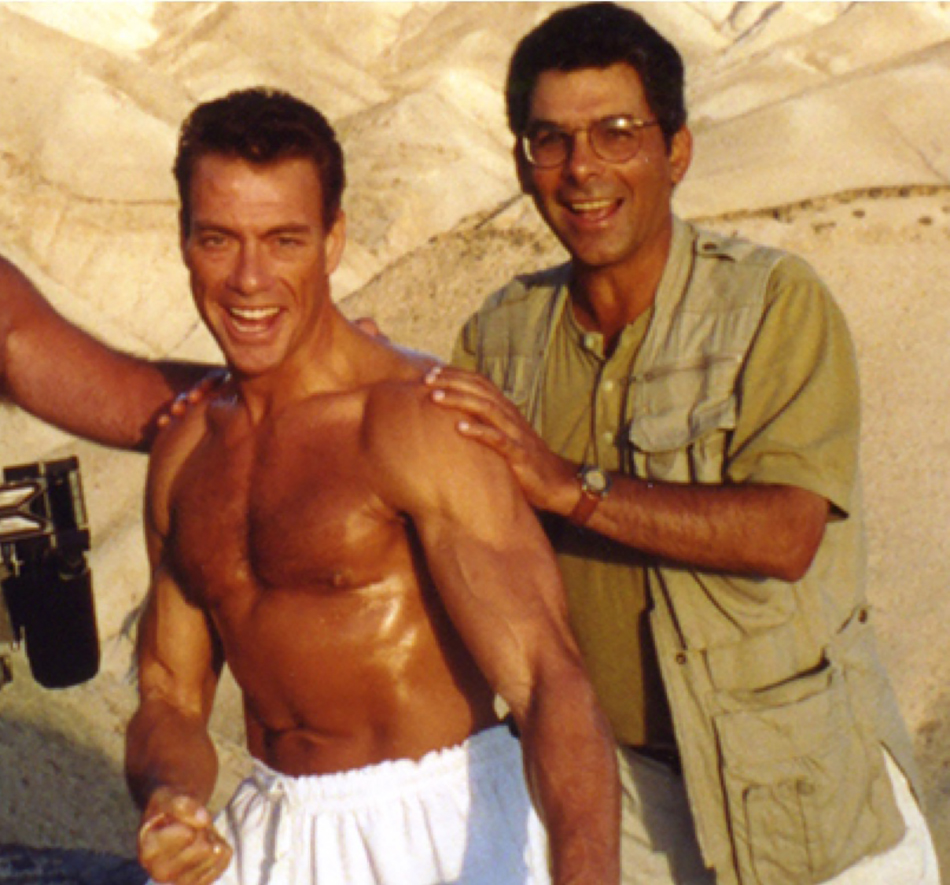
While JC was in Thailand finishing up the filming of Kickboxer, Cannon Films did a test screening of Albert Pyun’s finished cut of Cyborg. I attended that screening, which was a complete disaster. Out of 100 people in the audience, a survey afterwards found that only one person liked the movie. The audience was actually laughing hysterically at the final fight between Gibson and Fender. I got on a phone right away and told JC he needed to return to L.A. immediately and try to do something to turn this situation around. Seriously, his career was on the line.
JC got on a plane the next day and returned to L.A. Cannon screened the film for him, and he was outraged and furious at what he saw. The film was already scheduled to open in theaters. Posters were made and trailers were already playing. But JC convinced Yoram Globus to push back the release date and let us have six weeks to re-cut the movie. That’s how the two of us ended up being the uncredited editors of that movie. I reworked all the dialogue scenes – wrote new dialogue (and the prologue) and then looped it over the backs of people’s heads. JC totally re-cut all the fight scenes. We saved that movie. It became such a big success that there were four or five sequels made afterwards.
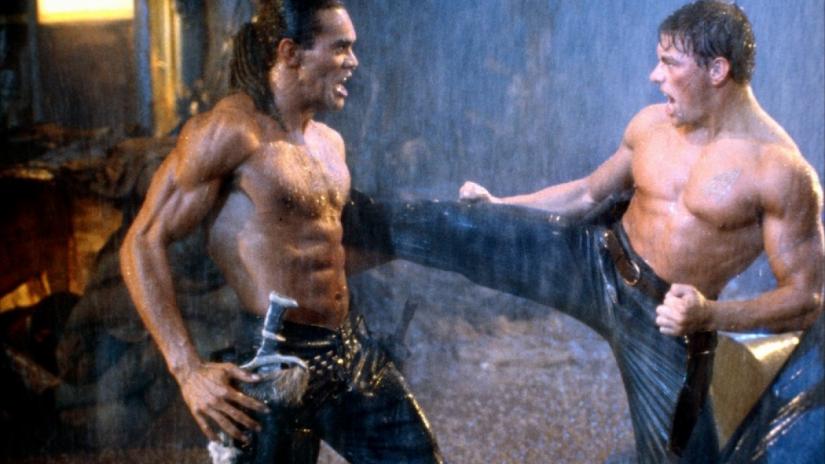
What made the transition possible was a short film that I wrote and directed a few years earlier, a Vietnam story titled Firefight. It had battle scenes, explosions, and a military helicopter, and it was filmed at the Marine Corps base at Camp Pendleton, California, over the course of a couple of very grueling weekends.
It was the very first film to feature the actor Brian Thompson. Philip Rhee and Simon Rhee (Best Of The Best) were both in it. Frank Dux was in it too. Amusingly, years later, Frank used a still of himself taken on the set of that film, and put it into a book that he wrote about his heroic exploits as “the CIA’s finest covert operative.” The book was titled “The Secret Man,” and the photo’s caption reads: “Down in the trenches in 1983.” And sure enough, there’s Frank, in military combat fatigues, holding a .357 Magnum, the sidearm which, according to him, “distinguished special forces personnel.” Just outside of the frame were cameras, a crane, and a director (me) with a bullhorn. “Down in the trenches,” my ass.
I shot that 20 minute movie on 16mm film, and at extra expense had it blown up to 35mm. That little movie got me my very first directing deals, with Menachem Golan and with Dino De Laurentiis, and much of that may have had to do with the fact that they were able to project it on a big screen in their 35mm screening rooms. In order to convince Sunil Shah to allow me to direct Lionheart, JC also screened that movie for him. Sunil was impressed enough that he took a chance on me.
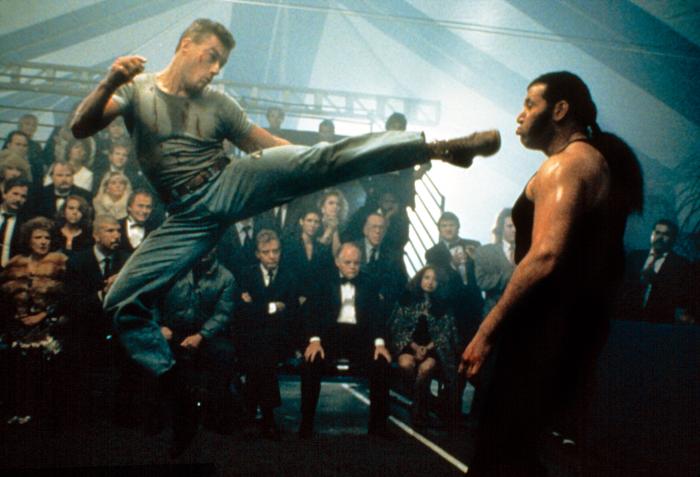
No. But I knew JC well enough by then that I was able to tailor the dialogue to his manner of speaking, and to avoid words that he would have trouble with. And we made his character French, so the accent didn’t need any corrections or any other explanations.
There's a scene in the beginning of Lionheart that actually has Van Damme fighting both Tong Po and Mr. Tae Bo, Billy Blanks. That's pretty damn awesome. That being said, having world champion Billy Blanks as an opponent in one of the street fights would have been interesting and, I'm sure, memorable. Was that ever considered?
No. When we sorted out all the fighters who had auditioned, we decided to make Billy one of the Legionnaires. We had no idea at the time to he would go on to found Tae Bo and become quite famous himself. There’s also a small cameo in the film by Jeff Speakman.
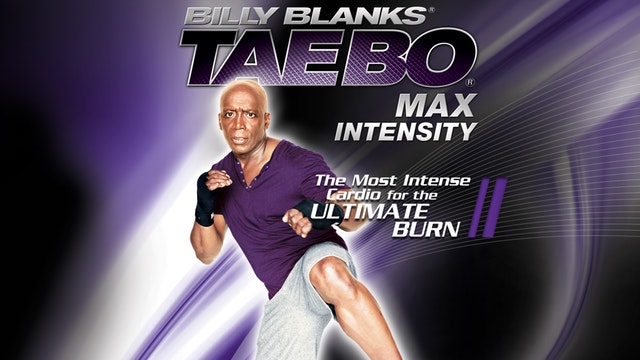
Hard Times was definitely an inspiration. JC and I are both huge fans of that movie. Walter Hill was ribbing me about it a few years later. “So, I hear you ripped off my movie.” I replied that it was a respectful hommage.
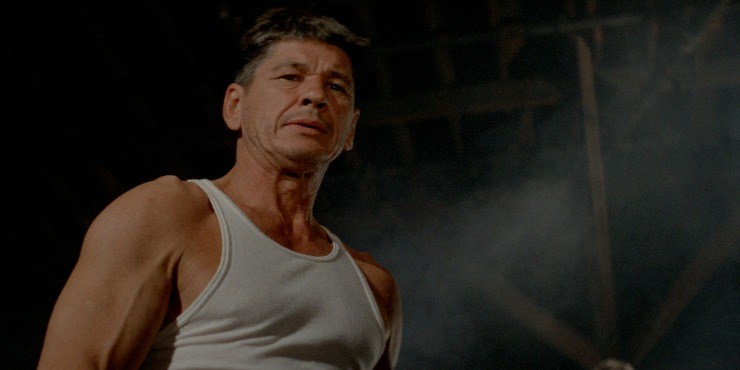
Prior to this, Van Damme had fought memorable bad guys like Chong Li, Tong Po and Fender. Was it challenging for you guys to come up with a good final opponent for Lyon in Lionheart?
The fighter we used, Abdel Qissi, was the brother of Michel Qissi. Both had trained together with JC at the same dojo when they were growing up in Brussels. JC suggested we use Abdel, and then he used him again in The Quest, and we used him in The Order as well. Michel Qissi, of course, is famous for playing Tong Po in Kickboxer, as well as one of the Legionnaires in Lionheart.
The fighter we used, Abdel Qissi, was the brother of Michel Qissi. Both had trained together with JC at the same dojo when they were growing up in Brussels. JC suggested we use Abdel, and then he used him again in The Quest, and we used him in The Order as well. Michel Qissi, of course, is famous for playing Tong Po in Kickboxer, as well as one of the Legionnaires in Lionheart.
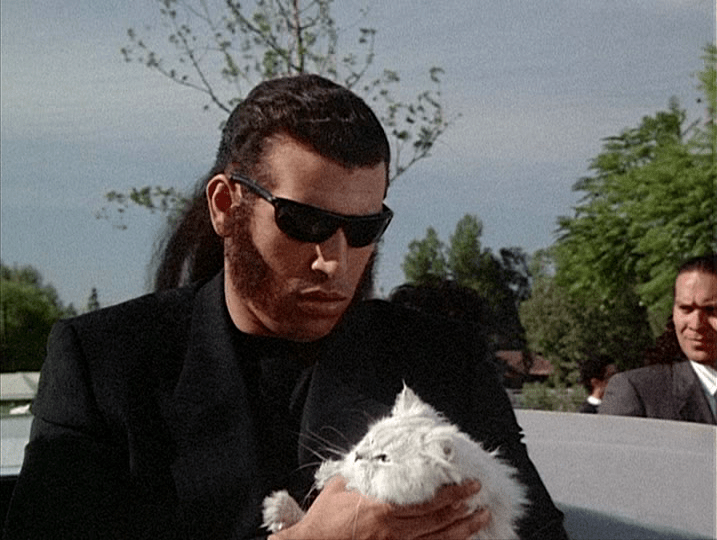
Next up was fan favorite Double Impact, with Van Damme playing twin brothers Chad and Alex. Did he struggle as an actor with playing two characters so different from each other, and did it take a toll on him, physically?
As with his character in Lionheart, JC and I created these characters specifically for him, and we tailored them to different aspects of his own personality. The hardest part about playing these two brothers was having to change his hair, makeup, and wardrobe a few times a day when he was playing both characters in the same scene.
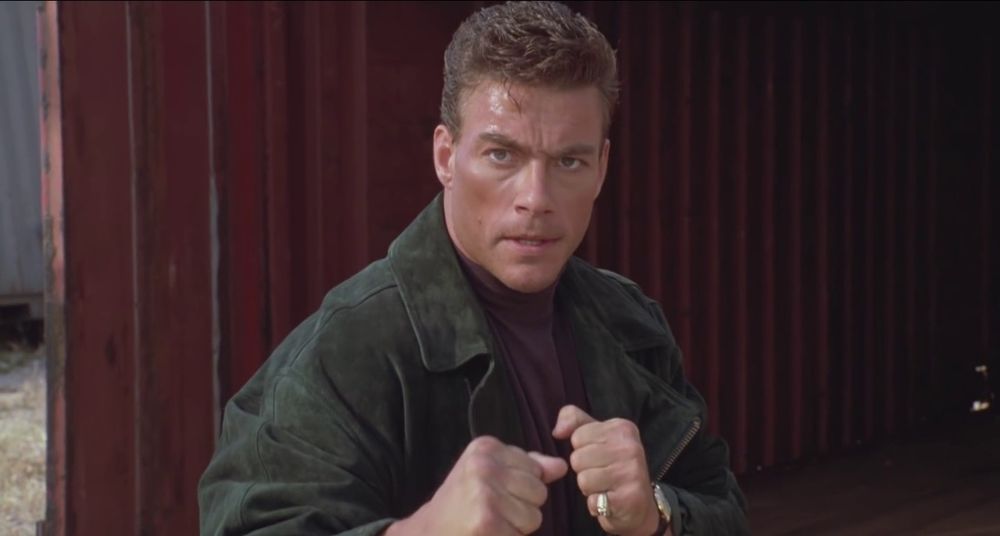
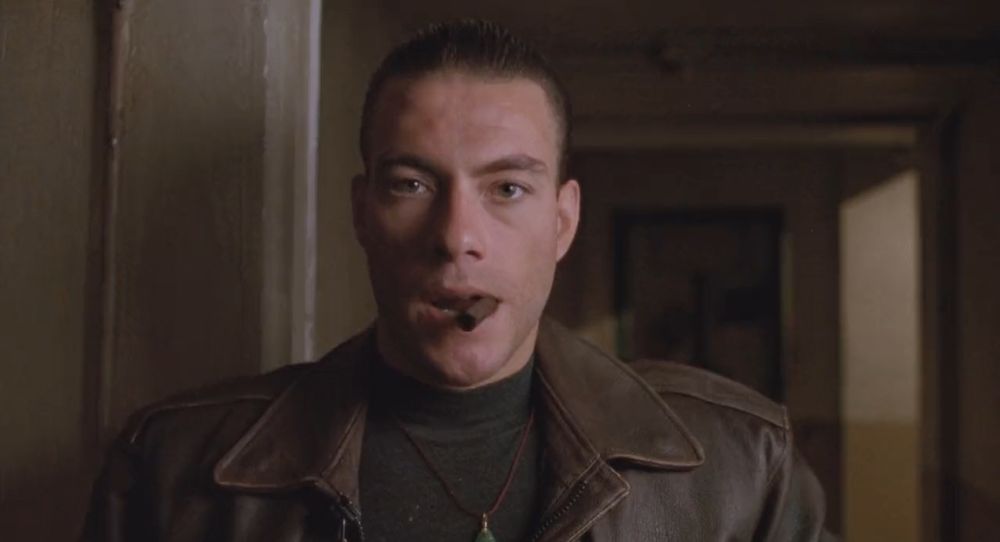
Did he seem to have a harder time playing one character over the other?
He didn’t have a hard time playing either one. Both came naturally to him.
Could you explain how the scenes where both Alex and Chad can be seen in the same frame could be made possible? It looked quite good back in the day.
This was back in the days before CGI, so we had to use the old fashioned “split-screen” technique. This is a “twinning” technique that was done as far back as the early 1940’s, when Douglas Fairbanks, Jr. played twins in The Corsican Brothers, a movie that Double Impact is very loosely based on. You basically shoot one brother doing the scene on the left side of the frame, then that actor changes hair, makeup, & wardrobe and you shoot the same scene again, but now the actor is playing the other brother, on the right side of the frame. Then you combine those two sides in postproduction, using an optical printer. The TV series, The Patty Duke Show had actress Patty Duke playing cousins who were identical in appearance, and they used this same technique. So did actress Hayley Mills in The Parent Trap. Double Impact, in fact, may have been the last movie that used this old fashioned technique for “twinning” shots. Jackie Chan’s movie Twin Dragons used CGI.
He didn’t have a hard time playing either one. Both came naturally to him.
Could you explain how the scenes where both Alex and Chad can be seen in the same frame could be made possible? It looked quite good back in the day.
This was back in the days before CGI, so we had to use the old fashioned “split-screen” technique. This is a “twinning” technique that was done as far back as the early 1940’s, when Douglas Fairbanks, Jr. played twins in The Corsican Brothers, a movie that Double Impact is very loosely based on. You basically shoot one brother doing the scene on the left side of the frame, then that actor changes hair, makeup, & wardrobe and you shoot the same scene again, but now the actor is playing the other brother, on the right side of the frame. Then you combine those two sides in postproduction, using an optical printer. The TV series, The Patty Duke Show had actress Patty Duke playing cousins who were identical in appearance, and they used this same technique. So did actress Hayley Mills in The Parent Trap. Double Impact, in fact, may have been the last movie that used this old fashioned technique for “twinning” shots. Jackie Chan’s movie Twin Dragons used CGI.
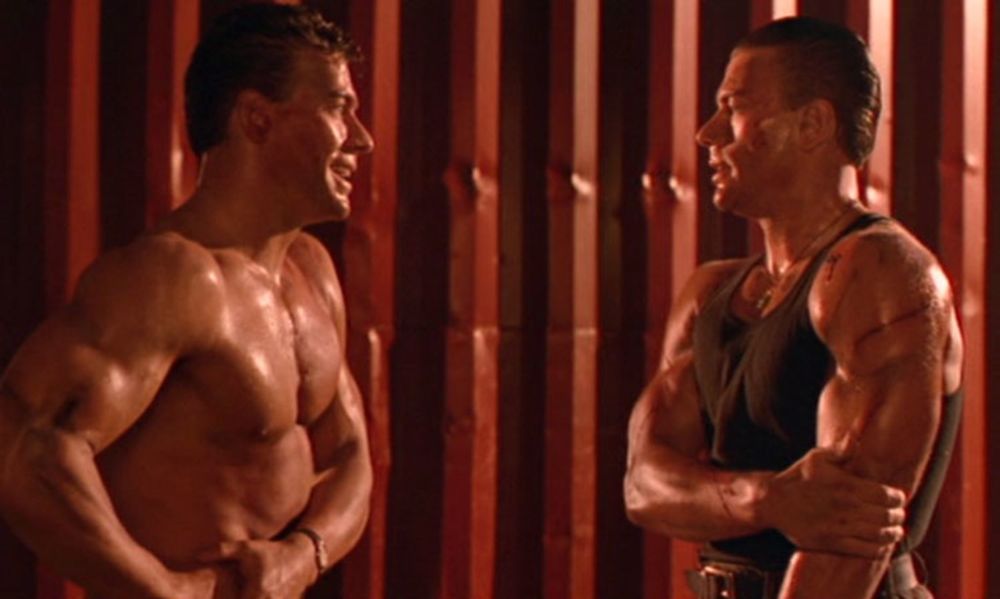
The movie took place in Hong Kong. Seriously, how could you pick anyone else besides Bolo Yeung to play the chief henchman? We also reused Philip Chan, who played “Inspector Chen” in Bloodsport. A few other locals were also recycled into Double Impact.
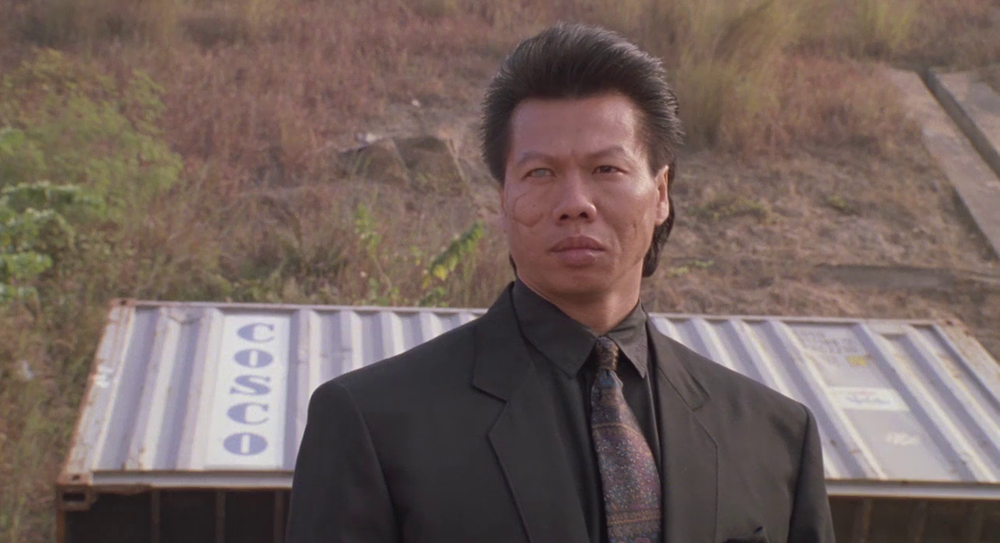
They had a saying over there: “It’s easier to ask forgiveness than to ask permission.” In other words, since it’s difficult to obtain proper permits, just do whatever you’re planning to do, then if you get caught simply apologize to the authorities. For example, that foot chase we did through the streets of Hong Kong was done without permits, and without paid extras.
JC and Alonna Shaw just ran through crowds of real pedestrians, followed by a camera crew. For some of the other street scenes we did have paid extras and stunt people, but a lot of it was guerilla filmmaking.
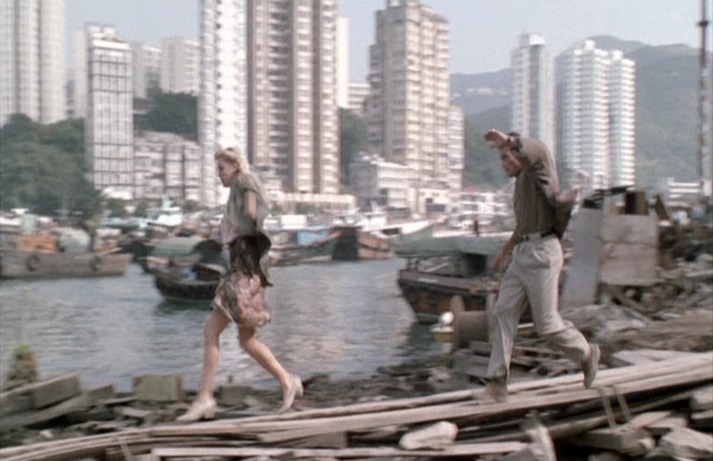
Out of all the movies you've made, I'd say Double Impact is the most fun, yet still has a seriousness to it. Was it hard to walk between that thin line where it couldn't be too much humor or too much action?
We tried to do the same in The Order, but I think we veered too much towards seriousness in that one, especially in the third act. In Double Impact we managed to maintain just the right balance. I love that long, crazy foot chase through the streets of Hong Kong and across the moored boats in the harbor. We had a similarly crazy and humorous foot chase through Jerusalem in The Order. If we could have kept the same tone of that foot chase throughout the movie it would have been another winner.
It was the first of a surprising amount of times Van Damme played two parts in a movie. Do you think it was coincidental that so many were made with this concept or did you indeed start this twinsploitation trend in his career with Double Impact?
We definitely started that trend with Double Impact.
We tried to do the same in The Order, but I think we veered too much towards seriousness in that one, especially in the third act. In Double Impact we managed to maintain just the right balance. I love that long, crazy foot chase through the streets of Hong Kong and across the moored boats in the harbor. We had a similarly crazy and humorous foot chase through Jerusalem in The Order. If we could have kept the same tone of that foot chase throughout the movie it would have been another winner.
It was the first of a surprising amount of times Van Damme played two parts in a movie. Do you think it was coincidental that so many were made with this concept or did you indeed start this twinsploitation trend in his career with Double Impact?
We definitely started that trend with Double Impact.
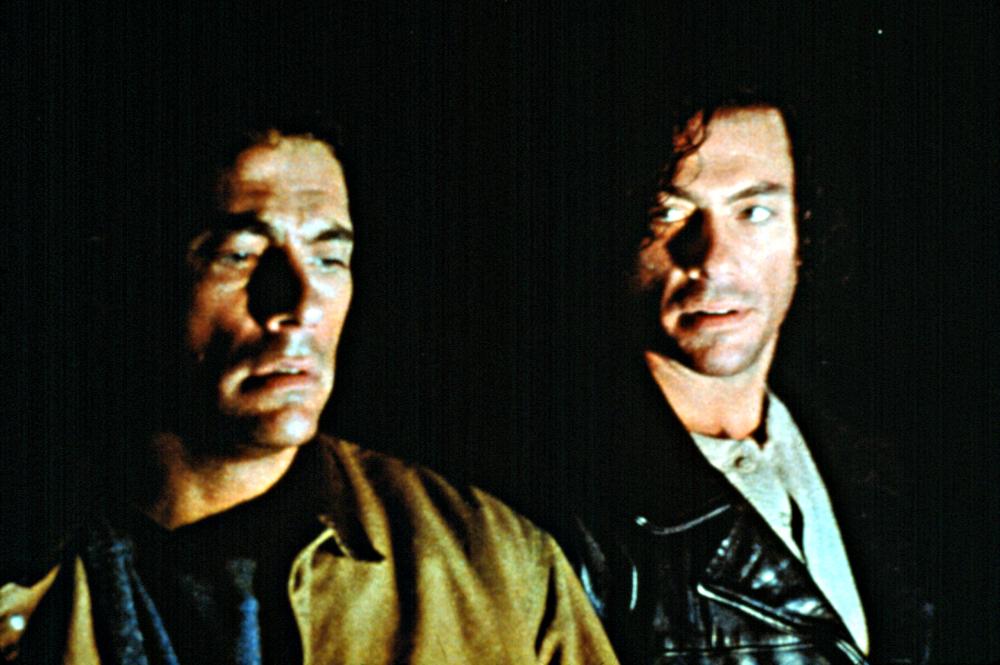
Both you and Van Damme have expressed interest in making a sequel to Double Impact. It has yet to be made and may never will, so for those who are curious, could you share some of the things you planned for the sequel?
We were planning to flip some elements of the first film. In the sequel Chad gets himself into trouble with Chinese Triads in Los Angeles, and Alex has to come over from Hong Kong to help him out.
We were planning to flip some elements of the first film. In the sequel Chad gets himself into trouble with Chinese Triads in Los Angeles, and Alex has to come over from Hong Kong to help him out.
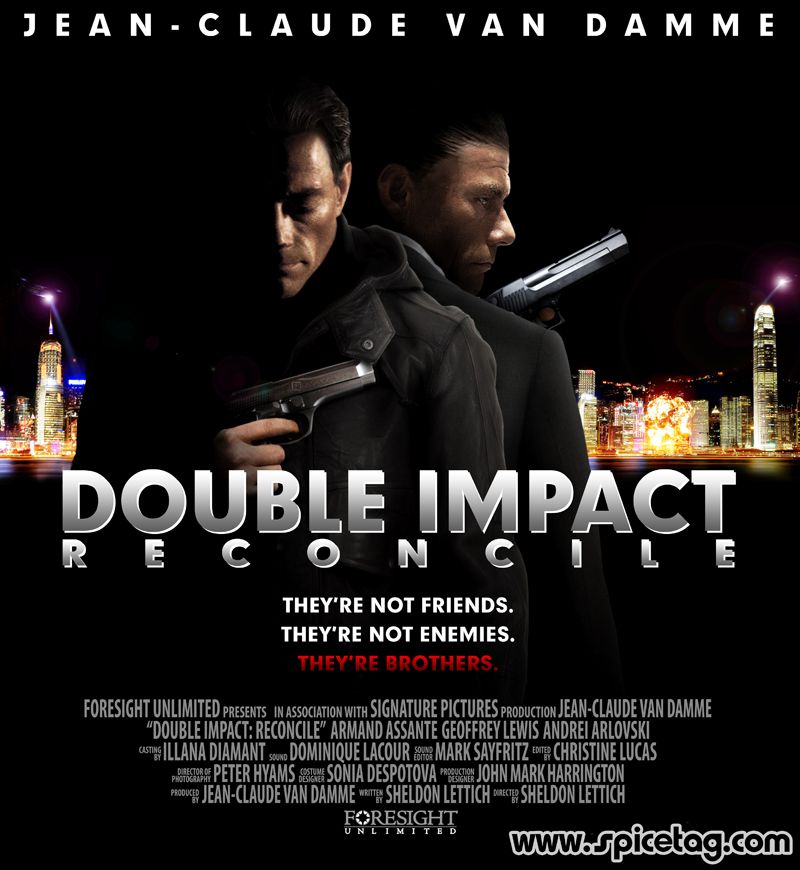
1993's Only the Strong stands out in your career, but I'd say also with regards to the martial arts genre as a whole, since it deals with the martial arts style of Capoeira like no other movie before or since that I am aware of. What made you decide to write and direct a movie centered around this martial art?
JC and I were in Paris with producer Samuel Hadida, and we all saw a demonstration of Capoeira at an event called Budofest. It was Sammy’s idea to anchor a martial arts movie around Capoeira.
JC and I were in Paris with producer Samuel Hadida, and we all saw a demonstration of Capoeira at an event called Budofest. It was Sammy’s idea to anchor a martial arts movie around Capoeira.
Was it hard to cast the movie with good actors who also knew capoeira and did the two main actors, Mark Dacascos and Paco Christian Prieto, perform most of their own fight scenes?
We found a genuine Brazilian Capoeira maestre in Los Angeles named Amein Santos. Mark trained with him for a couple of months in L.A. before we went to Miami. Paco already knew some Capoeira, which he displayed in the swimming pool fight in Lionheart. He received some additional training from Amein as well. We were fortunate to find an actual troupe of Brazilian Capoeiristas living in Miami, and we put them on display at the beginning and end of the movie. JC used one of them, named Caesar, in The Quest.
To answer your other question, Mark and Paco did their own fighting and their own stunts. I think the one time we used a stuntman for a Mark was when his character gets kicked into some metal trash cans in the chop shop.
We found a genuine Brazilian Capoeira maestre in Los Angeles named Amein Santos. Mark trained with him for a couple of months in L.A. before we went to Miami. Paco already knew some Capoeira, which he displayed in the swimming pool fight in Lionheart. He received some additional training from Amein as well. We were fortunate to find an actual troupe of Brazilian Capoeiristas living in Miami, and we put them on display at the beginning and end of the movie. JC used one of them, named Caesar, in The Quest.
To answer your other question, Mark and Paco did their own fighting and their own stunts. I think the one time we used a stuntman for a Mark was when his character gets kicked into some metal trash cans in the chop shop.

Not really more challenging than working with Van Damme, but different. I loved all the acrobatics in Only The Strong. Those high-flying somersaults would not be very practical or realistic in a real street fight, but on film they looked beautiful and impressive. Of course the same can be said of JC’s famous “helicopter kicks.”
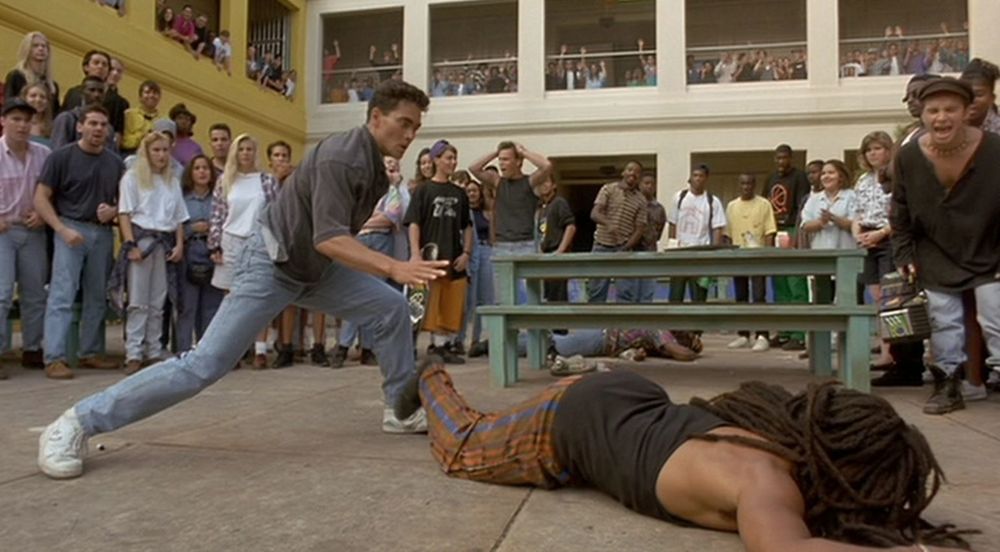
In 2000, you made The Last Patrol with my fellow countryman Dolph Lundgren. Does he live up to the nickname he's been given as 'The friendly giant'?
He was friendly and intelligent and always a gentleman. A real pleasure to work with.
Swedes are known for having a hard work ethic and always being on time. Did you find those qualities in Dolph when making this movie?
Absolutely. He always showed up on time, had all of his lines memorized, and spoke English like he had been born in America.
He was friendly and intelligent and always a gentleman. A real pleasure to work with.
Swedes are known for having a hard work ethic and always being on time. Did you find those qualities in Dolph when making this movie?
Absolutely. He always showed up on time, had all of his lines memorized, and spoke English like he had been born in America.

It's one of only three movies you directed, but didn't write yourself. Do you find it harder to direct movies you haven't also written?
In almost every case, the movies I’ve written have turned out to be better movies. I thought the script for The Last Patrol was mediocre, but I wasn’t allowed to make any changes to it. Although there are aspects of it that I like, of all the movies I’ve been involved with it’s my least favorite.
10 years after making Double Impact, you reunited with Van Damme on 2001's The Order. It's a very light-hearted action/adventure movie, like King Solomon's Mines with a dash of martial arts thrown in. Was the intention to try and appeal to a broader audience in hopes of securing a hit for Van Damme, who was struggling at the box office at that time?
We were trying to find some of the same magic that we created in Double Impact. My goal was to steer it in the direction of Hitchcock’s more light-hearted thrillers like The Man Who Knew Too Much and North By Northwest. Like I said earlier, had we maintained the light-hearted tone throughout, the movie would have been far more successful.
In almost every case, the movies I’ve written have turned out to be better movies. I thought the script for The Last Patrol was mediocre, but I wasn’t allowed to make any changes to it. Although there are aspects of it that I like, of all the movies I’ve been involved with it’s my least favorite.
10 years after making Double Impact, you reunited with Van Damme on 2001's The Order. It's a very light-hearted action/adventure movie, like King Solomon's Mines with a dash of martial arts thrown in. Was the intention to try and appeal to a broader audience in hopes of securing a hit for Van Damme, who was struggling at the box office at that time?
We were trying to find some of the same magic that we created in Double Impact. My goal was to steer it in the direction of Hitchcock’s more light-hearted thrillers like The Man Who Knew Too Much and North By Northwest. Like I said earlier, had we maintained the light-hearted tone throughout, the movie would have been far more successful.
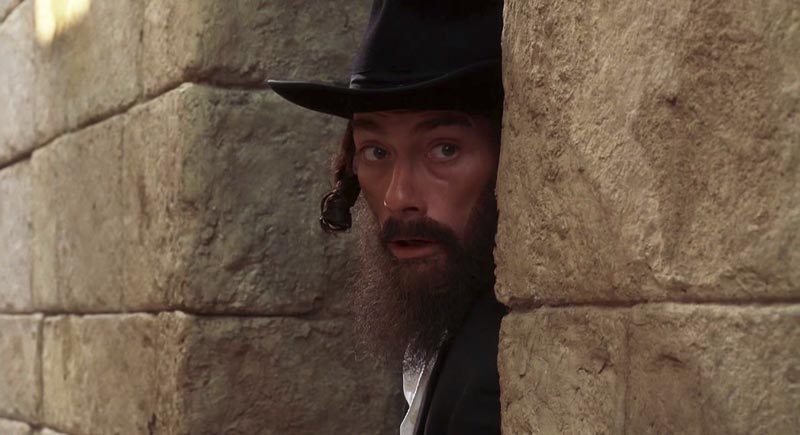
Mr. Heston showed up for a weekend rehearsal wearing a suit and a tie, with his script tucked under his arm, all of his lines highlighted in yellow marker. If you didn’t know any better, you would have thought it was his first movie and he was trying to impress the director and the other actors. He was an absolute pleasure to work with.

And don’t forget Heston starred in Ben-Hur too. It didn’t feel so much ironic as it felt like a blessing, like I had won some kind of an impossible once-in-a-lifetime lottery.
Speaking of Israel, how would you describe your experience making movies there?
I’ve directed two movies there. The crew people are the chattiest I’ve ever witnessed on a movie set, constantly chattering away to each other or on their cellphones, even while actors are trying to deliver dialogue and sound is being recorded. My voice grew hoarse shouting Skeck-et! (In Hebrew, “Quiet!”). I would lecture them between takes, explaining that it’s not only rude, but it’s difficult if not impossible for actors to concentrate on their performance when people are loudly chattering away in the background. But this did not usually work either. Many times I resorted to simply shouting at them “SHUT THE FUCK UP!!” I’ve heard that Italian crews are even worse. The most respectful and considerate, quite honestly, are American and British crews.
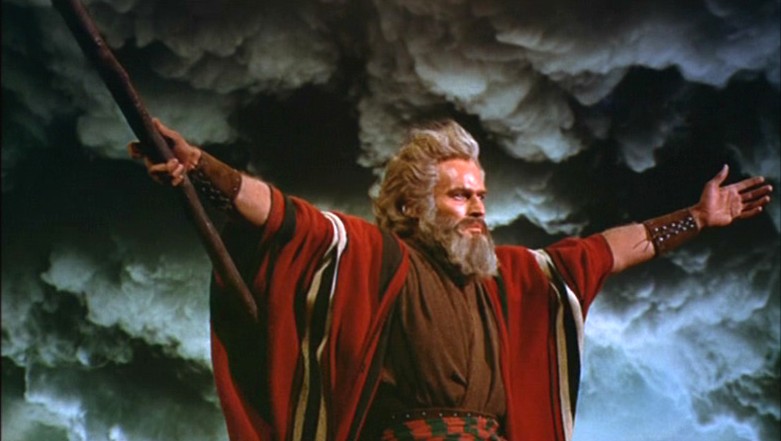
Another familiar face we get to see is Brian Thompson, marking your fourth collaboration with him after Firefight, Lionheart and Perfect Target. Being pretty much the stereotypical bad guy personified in so many movies I've seen over the years, I'm curious to know, what's he like when the cameras aren't rolling?
Brian is one of my best friends, and has been for well over 30 years now. He’s sensitive, intelligent, erudite, and generally soft-spoken. Quite the opposite from the characters he usually portrays on-screen.
Brian is one of my best friends, and has been for well over 30 years now. He’s sensitive, intelligent, erudite, and generally soft-spoken. Quite the opposite from the characters he usually portrays on-screen.
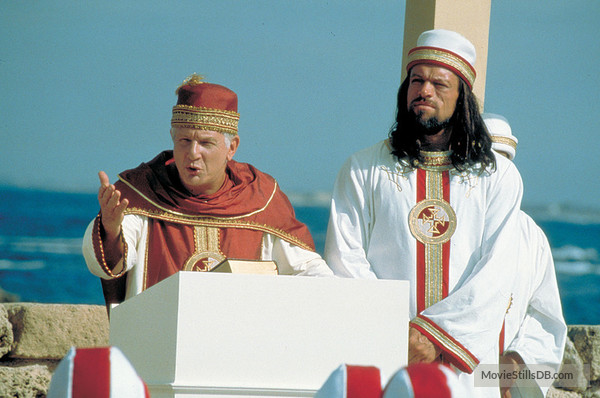
Ironically, the budget for The Hard Corps was bigger than for some of my theatrically released films. On paper, at least, it had a bigger budget than Lionheart and Only The Strong. The major difference for me between low-budget and high-budget is the number of shooting days available. Less days can create a lot of headaches for a director who’s trying to make a good movie.
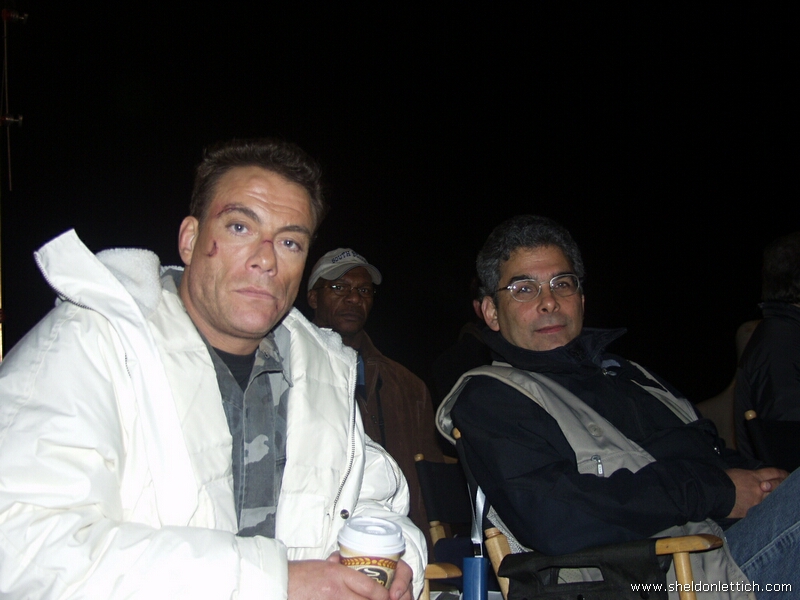
Was it always your intention to work in the action genre, or was it one of those things that just sort of unfolded naturally?
My first paying gig as a writer was a project I co-wrote for Motown Productions called The White House All Stars, a college football comedy that Michael Schultz was supposed to direct. I wasn’t necessarily focused on action movies at first, but since Bloodsport and Rambo 3 are the movies that really got my career rolling, that’s where I got pigeon-holed – action, martial arts, and military. In the 80’s and 90’s I was hired by studios and producers to work on a lot of action scripts, particularly with military-themed stories. For example, Warner Brothers hired me as a writer and director for G.I. Joe, and I wrote a few drafts of the military helicopter movie that was released as Firebirds. You haven’t mentioned Legionnaire in this interview, but that was another one.
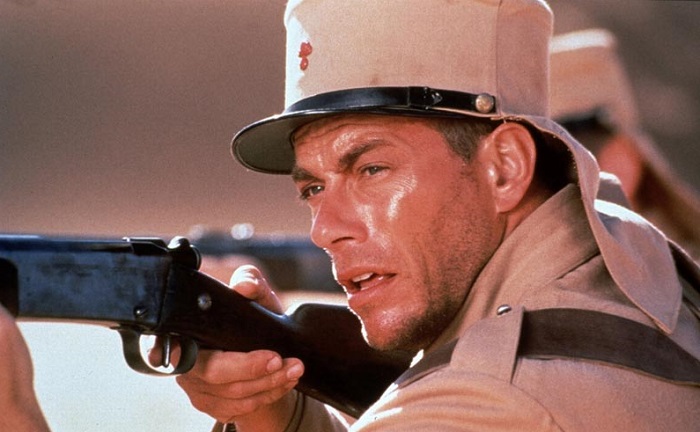
As the years have passed, several of the movies you've made has reached cult status among movie fans around the world. Why do you think that is and what in your opinion is it that elevates a movie to that status in general?
People fall in love with these movies and watch them over & over again. I have met people who have claimed to have watched Bloodsport over a hundred times, and many who have claimed to have seen Lionheart, Double Impact and Only The Strong dozens of times, or more. People actually quote favorite lines of dialogue to me. I hung out with a couple of Wall Street bankers in New York City a few years ago, who could quote nearly every line of dialogue from Double Impact.
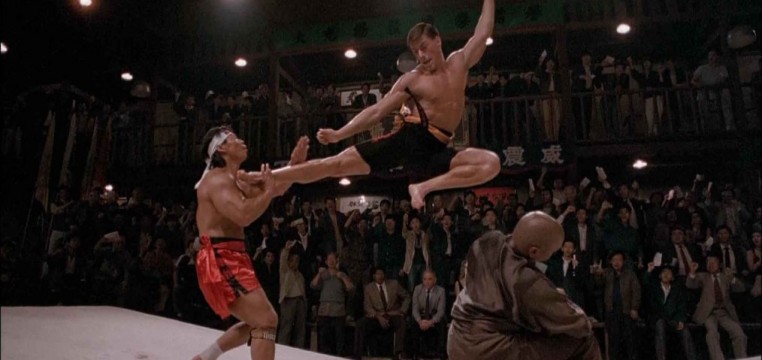
A few years ago I was prepping a movie I was hired to direct, titled Metro Dog, a project I also co-wrote, which we were going to film in Moscow and Belgrade. I spent nearly two months in active pre-production on that one – casting, locations, storyboards, etc. – but ultimately the producer decided to shelve it. There were a few others like that too. I’m currently doing some early prep on a project titled Cop War, which I also co-wrote, and which has been close to being produced a few other times already. Wish me luck!
Best of luck, Sheldon, and thank you so much for taking the time to do this interview!
Som vanligt en imponerande gedigen intervju! Jag blir nyfiken -- pratar du med folk över typ Skype och transkriberar hela alltet för hand eller är det skrivna frågor som du mailar över och så får du svaren nedskrivna? Språket låter mer som om det är ett flytande samtal